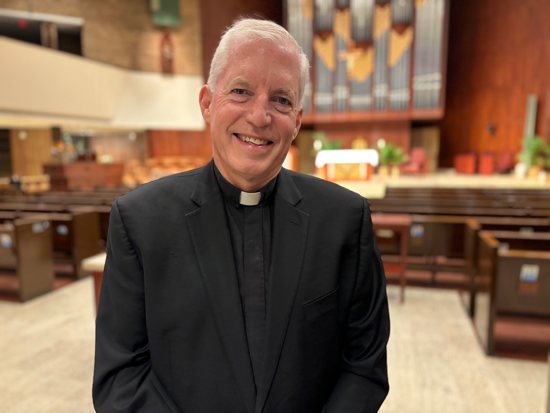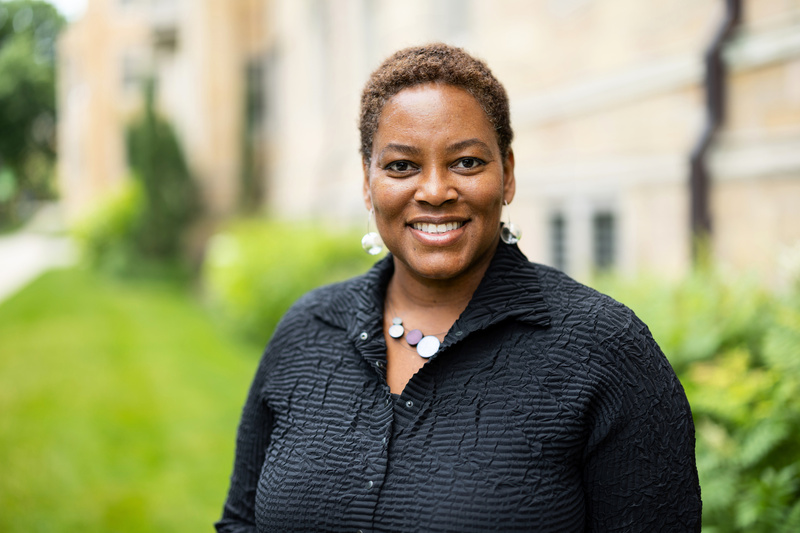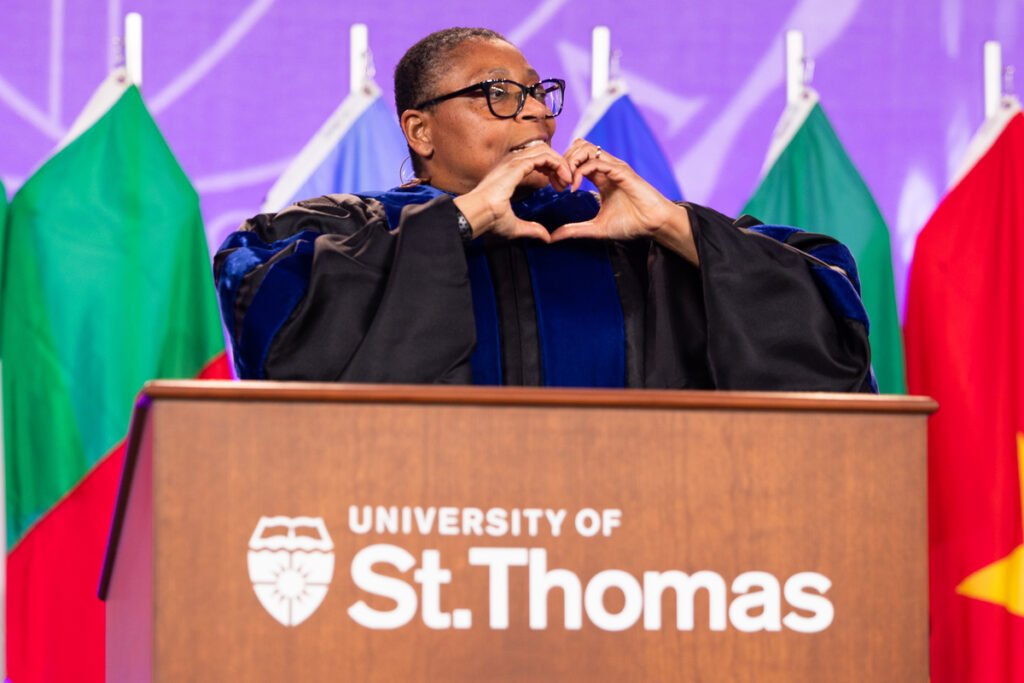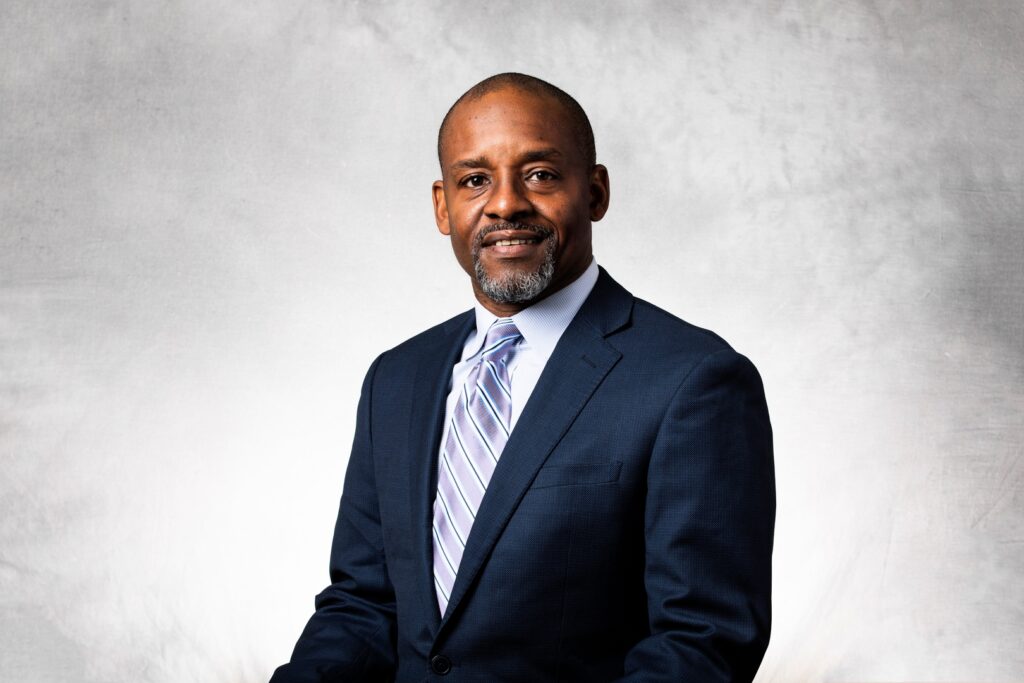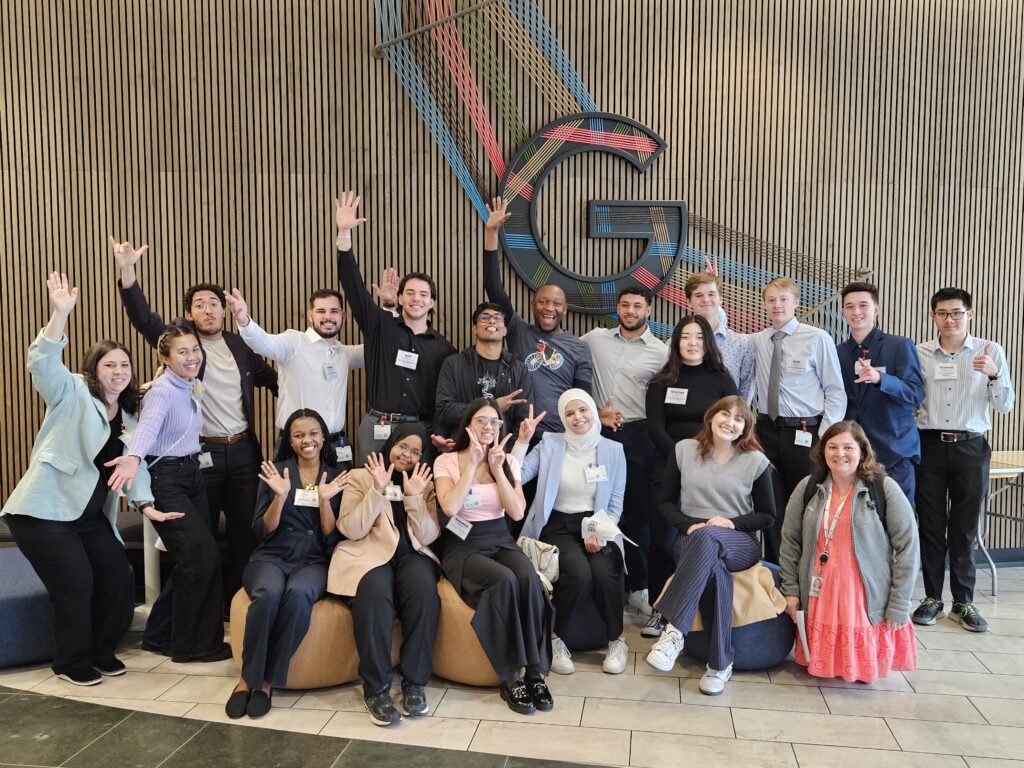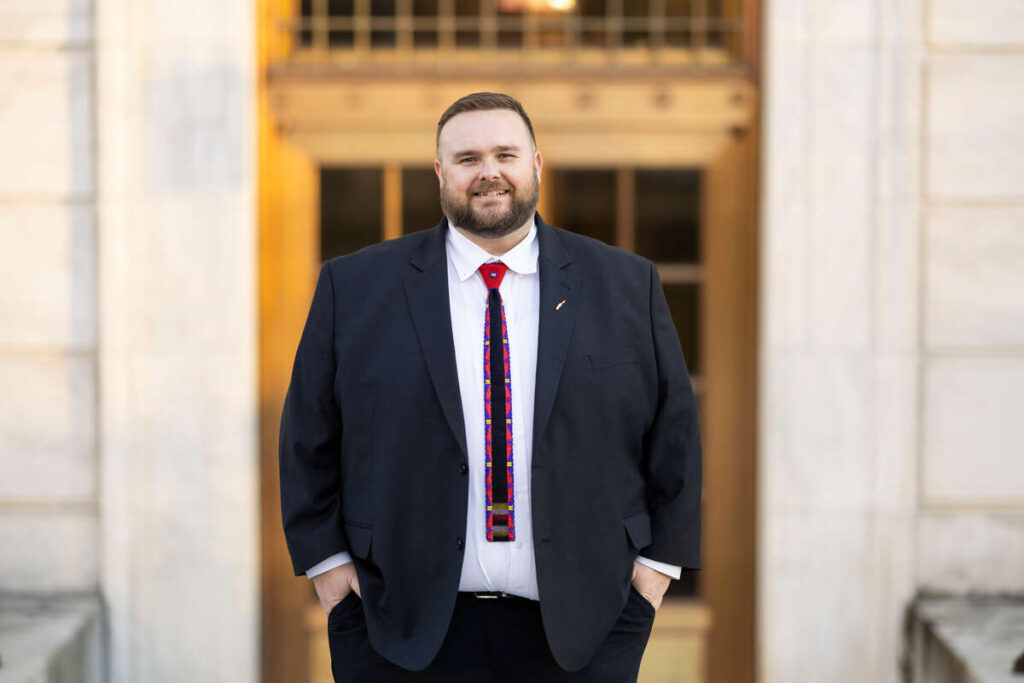As we posted earlier, the University of St. Thomas has earned accreditation from the Association to Advance Collegiate Schools of Business (AACSB) International. Business education has been a hallmark of the university since adding a “commercial course” to its liberal arts curriculum in 1895. Why haven’t we had this accreditation sooner?
St. Thomas’ rationale for not pursuing AACSB status earlier can be traced in part to a decision in the 1970s to augment, especially at the MBA-level, its full-time faculty with adjunct or part-time faculty from the business world. At the time, however, AACSB placed a greater emphasis on a more traditional academic model; its accreditation required a higher ratio of full-time professors.
“While St. Thomas has continued to use adjunct faculty who bring a wealth of experience into our classrooms, we gradually increased the number of full-time faculty to achieve greater balance,” explained Dr. Christopher Puto, dean of the Opus College of Business. “Meanwhile, the AACSB clarified its standards affirming the value of adjunct faculty in helping schools accomplish their missions. In light of this growing convergence, the university’s Board of Trustees decided to pursue AACSB accreditation.”
The Opus College of Business filed its AACSB application in 2006. An extensive internal review and evaluation process that followed included developing a plan to meet 20 applicable AACSB standards. The plan was accepted in 2008 and implemented over the course of two academic cycles. The final phase of the process, a site visit by a team of business deans from AACSB-accredited schools, took place last November. AACSB board members voted unanimously to approve St. Thomas’ accreditation last month.
Over the past decade, St. Thomas has taken a series of key steps on the path to AACSB accreditation:
- Combined its graduate and undergraduate business divisions into what is now the Opus College of Business.
- Hired Dean Puto in 2002, formerly the business dean at Georgetown University.
- Added a full-time, day MBA program to the graduate curriculum and added or modified other programs to comply with AACSB guidelines.
- Added 52 full-time business faculty members, for a current total of 105.
- Opened two of the most technologically advanced classroom and office buildings in the country. The $22 million Schulze Hall, home of the Schulze School of Entrepreneurship, opened in downtown Minneapolis in 2005. The $25 million McNeely Hall opened in St. Paul in 2006.
- Received a gift of $50 million for business programs from an anonymous donor in 2008 (it had received a similar gift of $30 million a decade earlier).
- Increased the Opus College of Business endowment to $70.1 million.
“This may be the most important milestone in the history of business education at St. Thomas, although that will be for history to confirm,” Puto said, “We believe we’ve always offered outstanding business programs here; this is a significant external validation of that. It could not have been accomplished without a faculty that is on par with the nation’s finest business schools, and without the generosity of donors committed to the kind of education offered by our Opus College of Business -- an education grounded in values, ethics and the liberal arts.”
“We warmly congratulate St. Thomas and Opus College of Business Dean Dr. Christopher Puto, and welcome them into the AACSB family of internationally accredited business schools,” said John Fernandes, president and CEO of AACSB International. “This accreditation represents the highest achievement for an educational institution and its college of business.”
The Opus College of Business’ accreditation will be recognized in April at the AACSB International conference and annual meeting in New York.
